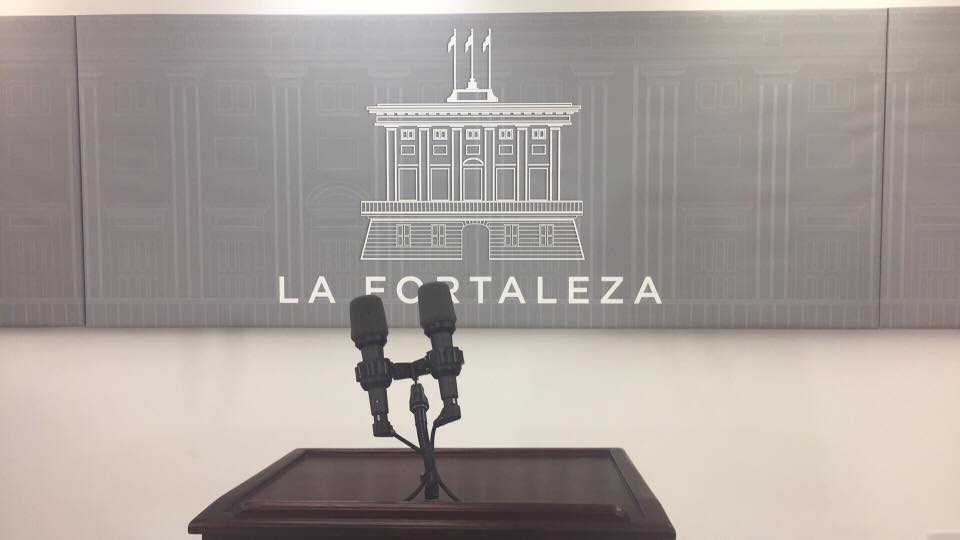
Puerto Rico’s Next Step
Earlier this month the Puerto Rico Fiscal Agency and Financial Advisory Authority, the body tasked with coordinating policy between the Puerto Rican government and the fiscal oversight board established by Congress’ PROMESA legislation of 2016, announced its approval of the new Fiscal Plan for Puerto Rico. The plan involves cuts to debt service and pension benefits as well as an overhaul of the territory’s tax collection practices. All told, the plan should reduce Puerto Rico’s fiscal gap by nearly $40 billion and generate almost $8 billion in positive cash flows over 10 years.
Congress passed PROMESA in June 2016 to avert a Puerto Rican debt payment crisis and to establish a financial oversight board to stabilize fiscal policy, including managing debt payments and possible debt restructuring. Approving a plan such as this was one of the oversight board’s primary obligations. The board reviewed several proposals from the Puerto Rican government before it finally certified the most recent version. Cuts to government subsidies for higher education, furloughs and compensation cuts for public employees, a switch to less optimistic projections for government revenues and expenditures, and a two year target for fiscal balance were the final additions needed to win approval for the fiscal plan.
One of the immediate effects of the plan’s adoption was a decline in the market for Puerto Rican bonds. A further $400 million reduction in annual debt service and a downward revision of economic projections have led bondholders to believe that they could face larger losses than previously expected.
As for the island’s economy, the new fiscal plan offers no immediate improvement. Brad Setser, the former Deputy Assistant Secretary for International Economic Analysis, worked on the Puerto Rican debt crisis while he was with the Treasury Department and analyzed Puerto Rico’s economic outlook for the Council on Foreign Relations. Setser concluded that depending upon the required level of debt service Puerto Rico’s economic output (which he measured through GNP) could decline by 15%. This is slightly greater in magnitude than the estimate produced by the oversight board and roughly equivalent to the recent economic decline in Greece.
Puerto Rico is particularly vulnerable to the sort of austerity prescribed by the oversight board. The government employs almost a fifth of all adults in the Puerto Rican labor force and more than a quarter of all workers not engaged in agriculture. Mandating furloughs and reducing expenditures on the legislative and executive branches of government by 20% would have an unusually strong effect, particularly when paired with stark reductions in subsidies for higher education and further consolidation of public schools. Education is another large sector of the Puerto Rican economy, but it has not yet seen the consistent decline in workforce that has defined government employment for more than 7 years.
PREPA
The Puerto Rico Electric Power Authority (PREPA) holds the single largest component of Puerto Rico’s debt at approximately $9 billion but is not addressed by the new fiscal plan. Instead, the utility has been the subject of a separate debt restructuring process. Before Ricardo Rosselló, the current governor of Puerto Rico, took office in January, PREPA and its bondholders agreed to a preliminary deal involving a 15% haircut and a new issue of bonds backed by a utility customer fee. Governor Rosselló has not approved the agreement, however, and is pursuing the possibility of terms more favorable to PREPA.
As talks with creditors are ongoing, Congress is examining the issue. At a hearing last week in the House Natural Resources Subcommittee on Indian, Insular and Alaska Native Affairs, Governor Rosselló explained his preference for a negotiated agreement rather than a court ordered process similar to bankruptcy:
“If a deal is not able to be executed, then those provisions would be executed. It’s been my strong view…that we want to engage in consensual efforts. So what we’re asking for is that opportunity.”
PREPA has been the focus of much of ASP’s coverage of the Puerto Rican debt crisis. Major reform, including active support of renewable energy, is needed to help modernize the utility and boost Puerto Rico’s economy.
The approval of the new fiscal plan grants some clarity to the territory’s government, but the expected decline in economic output could lead to depression-like conditions. Negotiations over debt restructuring, like those being undertaken with PREPA’s bondholders, might be needed to reduce debt payments to a level that can be sustained without harming the prospect of economic growth. That growth should be the main goal of any fiscal policy.





